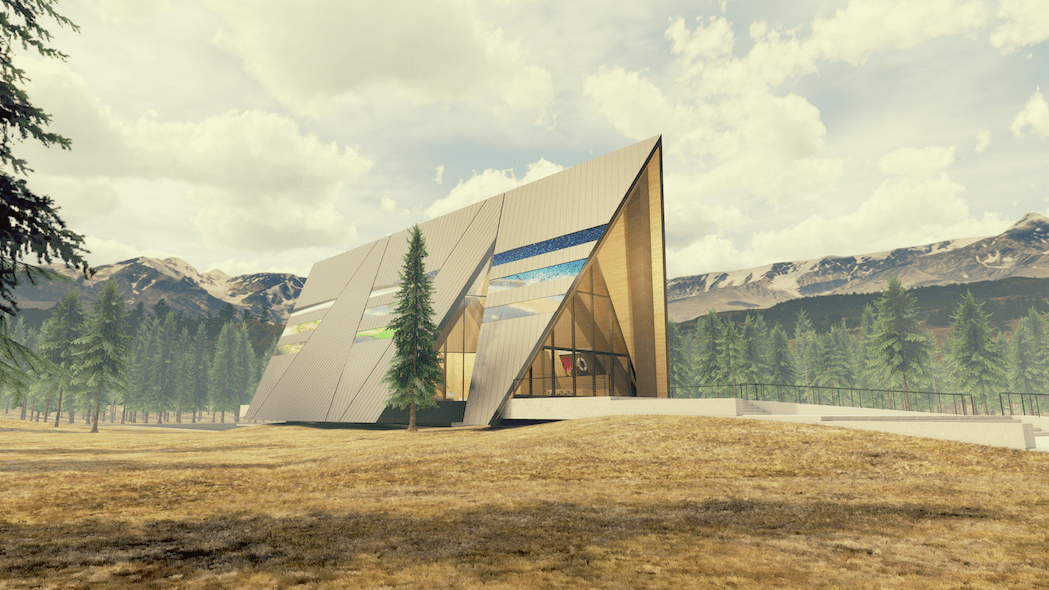
The U.S. Nuclear Regulatory Commission (NRC) said it has dismissed a license application for one of the first advanced nuclear reactor designs to be considered by the agency.
The NRC on Jan. 6 said it could not make a judgment on the merits of the design of Oklo Inc.’s 1.5-MW advanced fission power system, known as Aurora. The agency in a letter to Oklo about its decision said it needed more information about the technology, though the NRC’s move to dismiss the application without prejudice means Oklo could resubmit an application for the system in the future.
Want to learn more? Go here to read a feature about new advancements in nuclear power technology in POWER’s January 2022 issue.
Oklo, a Silicon Valley company based in Sunnyvale, California, said it expects to respond to the NRC’s move by the end of today. The NRC in a statement Thursday said, “As the application lacks information on key topics, the NRC’s action makes no safety findings regarding the Aurora design. Following the publication of an upcoming Federal Register notice, Oklo will have 30 days to request a hearing regarding the agency’s decision. Other interested persons or entities who might be affected by the decision can also ask to participate in a hearing.”

Andrea Veil, director of NRC’s Office of Nuclear Reactor Regulation, on Thursday said, “Since Oklo submitted its application almost 22 months ago, our engagement with the company has included multiple information requests, audits and public meetings. Oklo’s application continues to contain significant information gaps in its description of Aurora’s potential accidents as well as its classification of safety systems and components. These gaps prevent further review activities. We are prepared to re-engage with Oklo if they submit a revised application that provides the information we need for a thorough and timely review.”
The NRC in its move Thursday said the agency and Oklo had attempted to determine what supplemental material could help Oklo’s initial application, which was submitted in March 2020. The commission on Thursday said Oklo had provided more information about the project on two occasions last year, but it was not enough to answer questions the NRC still has about the technology. Veil said the NRC remains committed to efficiently and reliably reviewing advanced reactor designs.
Oklo has said the Aurora technology is based on a design that produces heat through the use of recycled high-assay, low-enriched uranium, or HALEU, fuel. Oklo discussed the design with POWER magazine two years ago. The NRC has said it likely will rethink its review processes as more advanced nuclear power designs are developed, since its current process of regulatory review focuses on light-water reactors. Oklo’s application for Aurora was the first such application for an advanced fission technology to be accepted for NRC review.
Aurora is a fast neutron reactor that uses pipes to transport heat from the reactor core to a supercritical carbon dioxide power conversion system to generate electricity. Oklo in its initial application to the NRC said its technology was capable of producing “1.5 MW of electric power and during its operation can save 1,000,000 tons of carbon emissions over the diesel generator alternative.” Idaho National Laboratory had agreed to provide Oklo with access to HALEU fuel recovered from a now-decommissioned experimental reactor for use in the development and demonstration of Aurora. INL also agreed to allow Oklo to build the reactor at its campus in Idaho Falls.
Oklo in June of last year announced it had received a $ 2 million cost-share award from the U.S. Dept. of Energy (DOE), supported by the Technology Commercialization Fund (TCF), which is enabling the commercialization of advanced fuel recycling capabilities by utilizing electrorefining technology. Oklo at the time said it would match $ 1 million in funding as part of a public-private partnership with the DOE and Argonne National Laboratory.
—Darrell Proctor is a senior associate editor for POWER (@POWERmagazine).
The post NRC Dismisses Application for Oklo Advanced Nuclear Reactor appeared first on POWER Magazine.